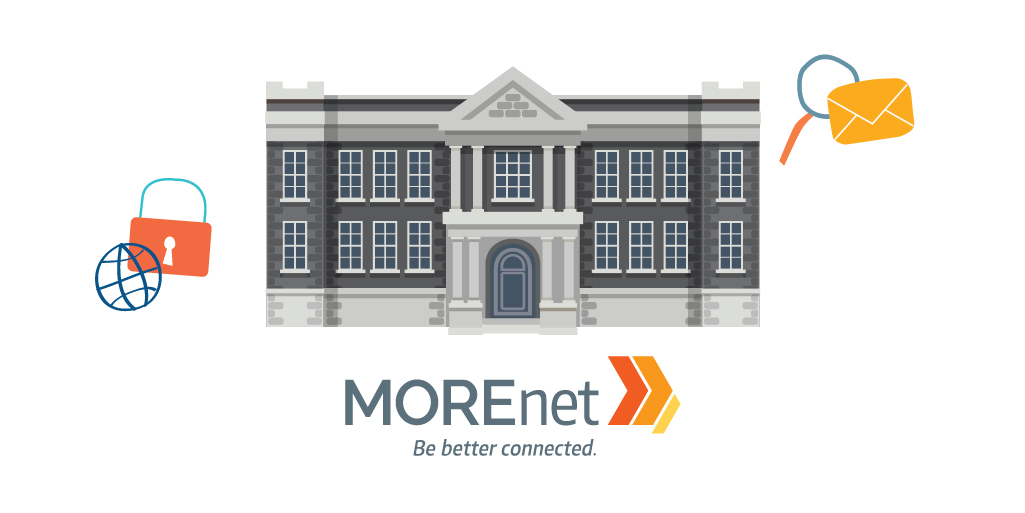
Introduction:
In today’s digital age, the realm of creativity has undergone a significant transformation. The rise of the internet and digital technologies has made it easier than ever for people to create, share, and collaborate on artistic works, educational resources, and scientific research. However, traditional copyright laws have often hindered these endeavors, limiting the free flow of information and stifling innovation. Enter Creative Commons, a groundbreaking initiative that has revolutionized the way we approach intellectual property rights. In this blog post, we will explore the concept of Creative Commons and how it empowers creators, promotes collaboration, and fosters a culture of sharing.
What is Creative Commons?
Creative Commons (CC) is a non-profit organization founded in 2001 that provides free, legally-sound licenses for creators to share their work with the world. These licenses enable content creators to retain certain rights while granting others permission to use, distribute, and build upon their creations. CC licenses are built upon existing copyright laws, tailoring them to meet the needs of the digital age and the growing desire for open access to knowledge and creativity.
Empowering Creators:
One of the key principles of Creative Commons is empowering creators to decide how their work is shared and used. CC licenses offer a range of options, allowing creators to specify the terms under which their work can be utilized. For instance, they can choose to require attribution, meaning that anyone using their work must give credit to the original creator. Creators can also choose to restrict commercial use or prevent modifications to their work, or they can opt for more permissive licenses that allow for remixing, adaptation, and even commercial use. By providing these flexible licensing options, Creative Commons empowers creators to express their intentions and preferences while still reaching a wide audience.
Promoting Collaboration and Knowledge Sharing:
Creative Commons plays a crucial role in fostering collaboration and knowledge sharing across various domains. By enabling content creators to easily share their work, CC licenses encourage others to build upon existing ideas and create derivative works. This promotes innovation and creativity while allowing for a cumulative growth of knowledge. Educators, researchers, and students benefit greatly from this open approach, as it allows them to access, use, and adapt resources for teaching, learning, and research purposes. Moreover, CC licenses facilitate collaboration between individuals and organizations, breaking down barriers and encouraging the free exchange of ideas.
Sparking Cultural and Artistic Revolutions:
In addition to its impact on educational and research domains, Creative Commons has also revolutionized the world of arts and culture. Musicians, filmmakers, writers, and visual artists can choose to release their work under CC licenses, giving them greater exposure and the potential for collaboration with other artists. The availability of Creative Commons-licensed media has led to the emergence of vibrant online communities that curate, remix, and share this content, often resulting in groundbreaking new artistic expressions. Creative Commons has become a catalyst for the democratization of creativity, giving individuals from diverse backgrounds the ability to contribute to and shape our cultural landscape.
Conclusion:
Creative Commons has emerged as a transformative force in the digital age, revolutionizing the way we approach intellectual property rights, collaboration, and knowledge sharing. By providing a range of flexible licenses, Creative Commons empowers creators to share their work with the world while still maintaining control over its use. This open approach has sparked a cultural and artistic revolution, facilitated collaboration and innovation, and paved the way for the free exchange of ideas. In an increasingly interconnected world, Creative Commons stands as a beacon of creativity, inspiring individuals and communities to embrace the power of collaboration and sharing for the betterment of society.
